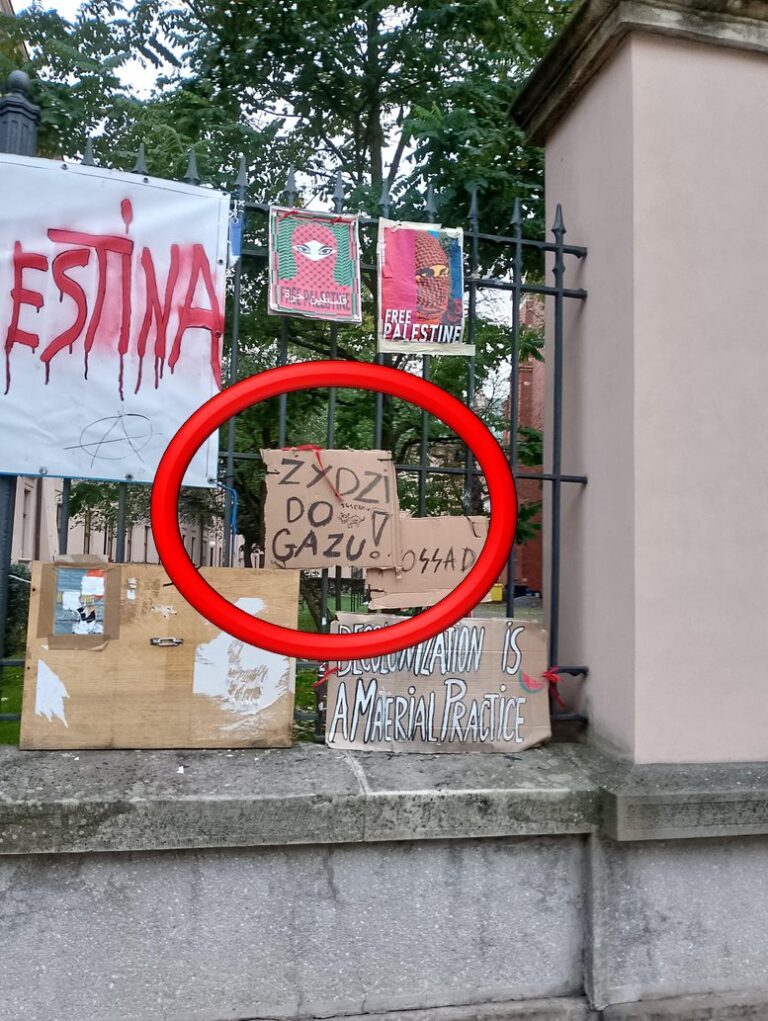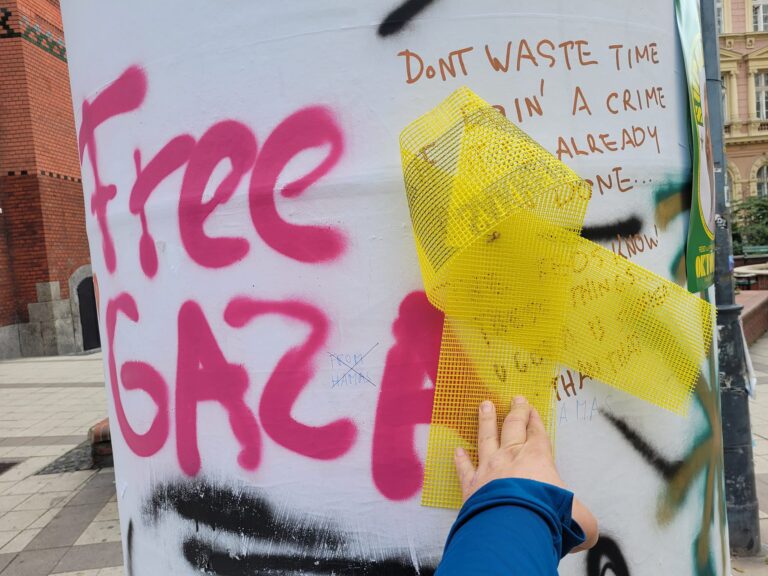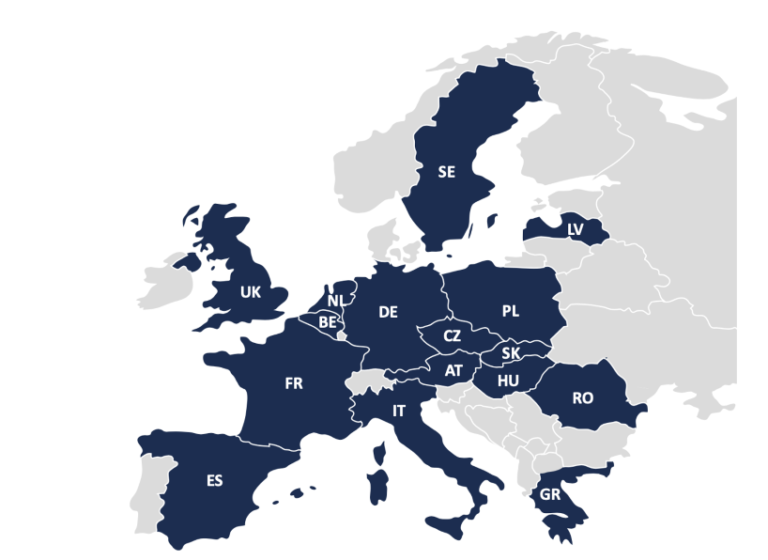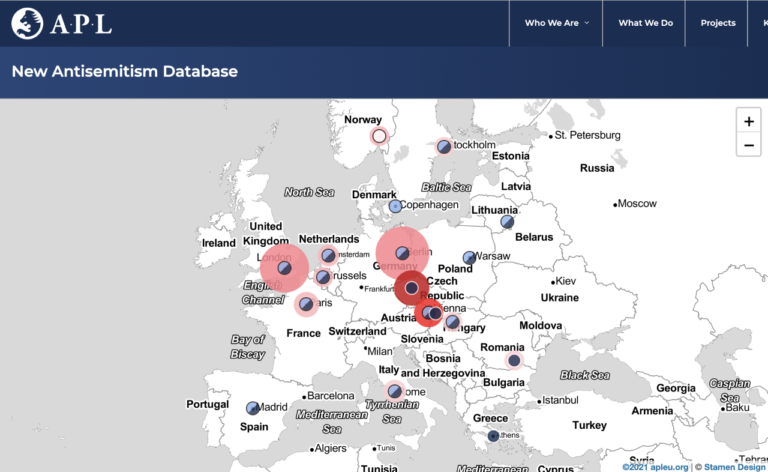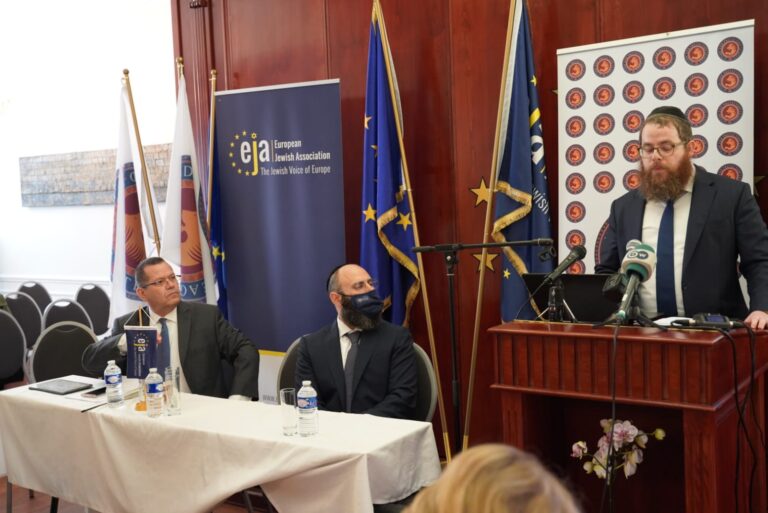Former Irish minister of European affairs and deputy foreign minister Lucinda Creighton, one of the few pro-Israel voices in Irish politics, explains why anti-Zionism and antisemitism are widespread in the country.
Former minister of European affairs and deputy foreign minister Lucinda Creighton was one of the few pro-Israel voices in Irish politics. As a lawmaker, she was striving to establish good terms between the Irish parliament and the Knesset, reports The Jerusalem.
As CEO of Vulcan Consulting, a company that helps Israeli and other companies get a foothold in the EU, she is still on a mission to build a good relationship between Israel and her country. She is also a senior adviser to the Counter Extremism Project and hosted a podcast on the rise in antisemitism in Europe.
Creighton believes that in Ireland, few people understand what is happening in Israel, and that ignorance has been translated into hostility. “There is very little independent, impartial reporting documenting what is happening in Israel, which feeds into a lack of fact-based knowledge, and I think that allows these narratives to kind of take off and be propagated, and that has been the case in Ireland,” she stated.
Creighton added that in Ireland, people “don’t hear much about how Hamas’s objective is the obliteration of the Israeli state” and only get a critical perspective on Israel and a sympathetic perspective on the Palestinians from the media, which are then “conflated with broad antisemitic views with very little counter-narrative. It’s difficult to extract antisemitism from anti-Zionist and anti-Israel sentiment,” she said.
She argues that some legislation targeting Israel in Ireland, such as the settlement divestment bill, “come from a trade perspective that is very much interwoven with a particular narrative. It’s critical of Israel as a state, but the same people who are pushing those narratives are also very well documented expressing really hostile antisemitic sentiments, and that goes without comment or very little pushback.” Nevertheless, she points out that even if the bills pass, they have a minimal real-world impact.
In Creighton’s experience, Irish politicians often make antisemitic or anti-Israel comments, but since they are elected officials, they do not have to apologise for the substance of their statements, only the manner. Thereby, the antisemitic sentiment is normalised. While she hopes that the EU’s efforts against antisemitism will have an impact, concerning Ireland, she believes the battle is challenging since there are not many high-profile public figures who fight for Israel and push back against antisemitism.
The CEO of Vulcan Consulting hopes to help Israeli companies access EU institutions and understand EU regulations, and serve as a bridge between Israel and Ireland and the EU more broadly.
